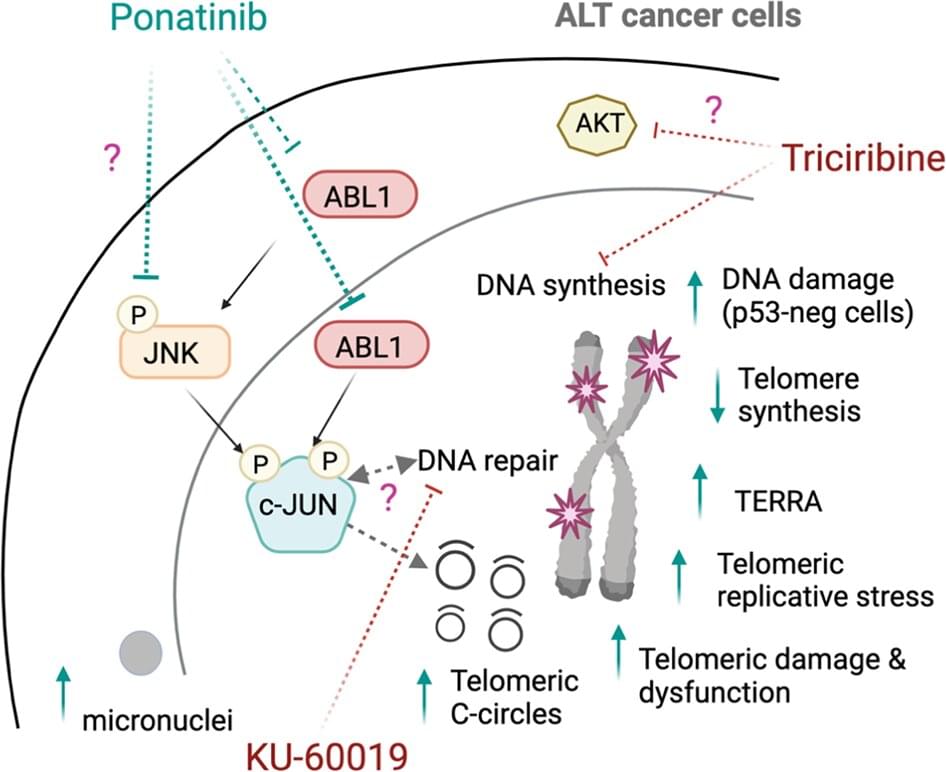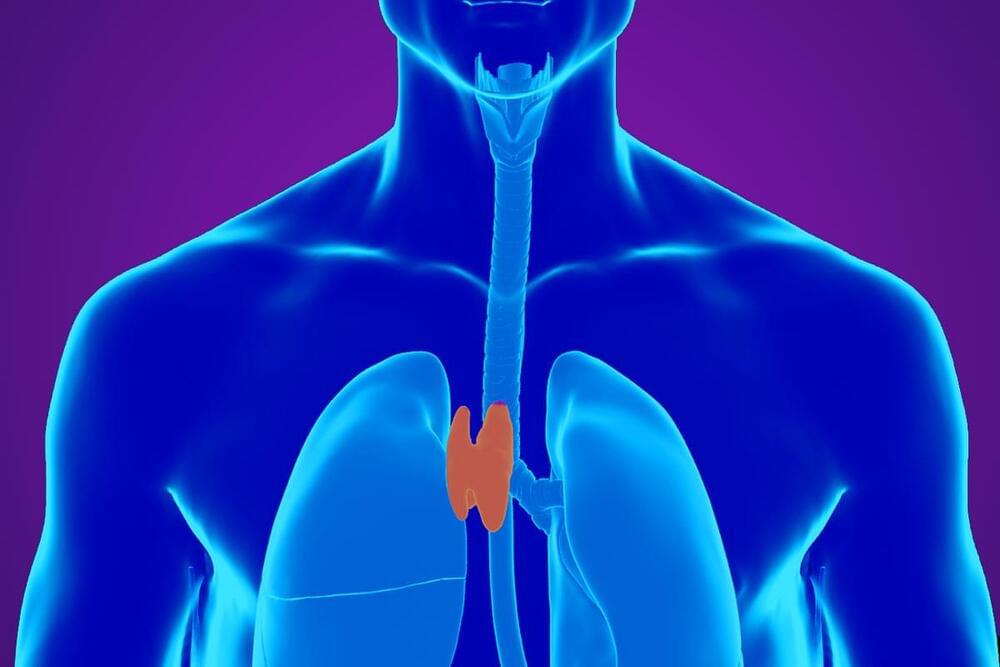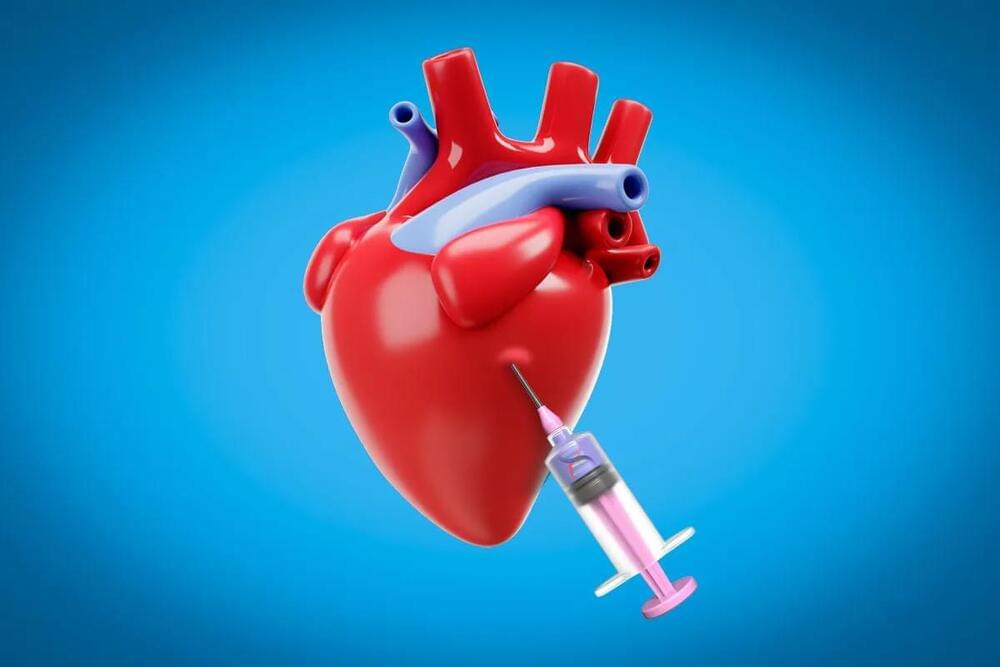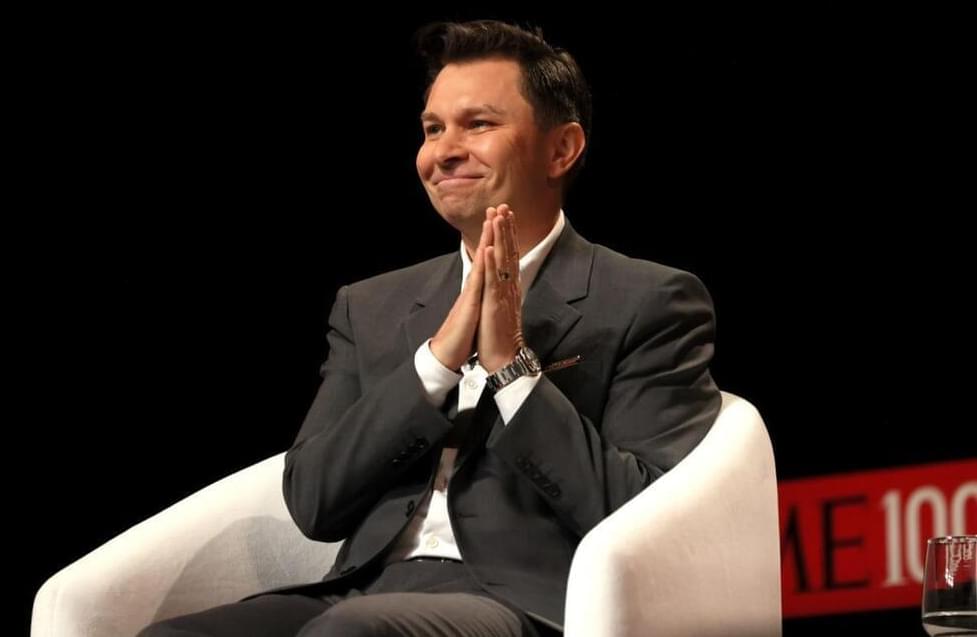Jul 11, 2023
Artist Georgia Banks on falling in love with AI and immortalising herself in the cloud
Posted by Shubham Ghosh Roy in categories: life extension, robotics/AI
Can you really die in the digital age? It’s a question that plagues performance artist Georgia Banks. Not only is this question a recurring theme in her work, but it’s also a concept she lives by.
Since earning a Master of Fine Arts (MFA) from the VCA in 2015, Georgia Banks has consistently skirted the boundaries between art and life through her performance-based works.
Through her practice, Banks has clinched a beauty pageant title, auctioned off the rights to her funeral, endured a crucifixion, and been sued by the estate of American artist Hannah Wilke.


















